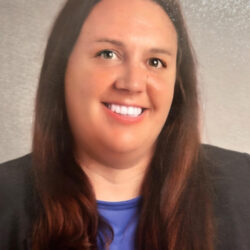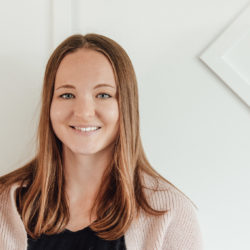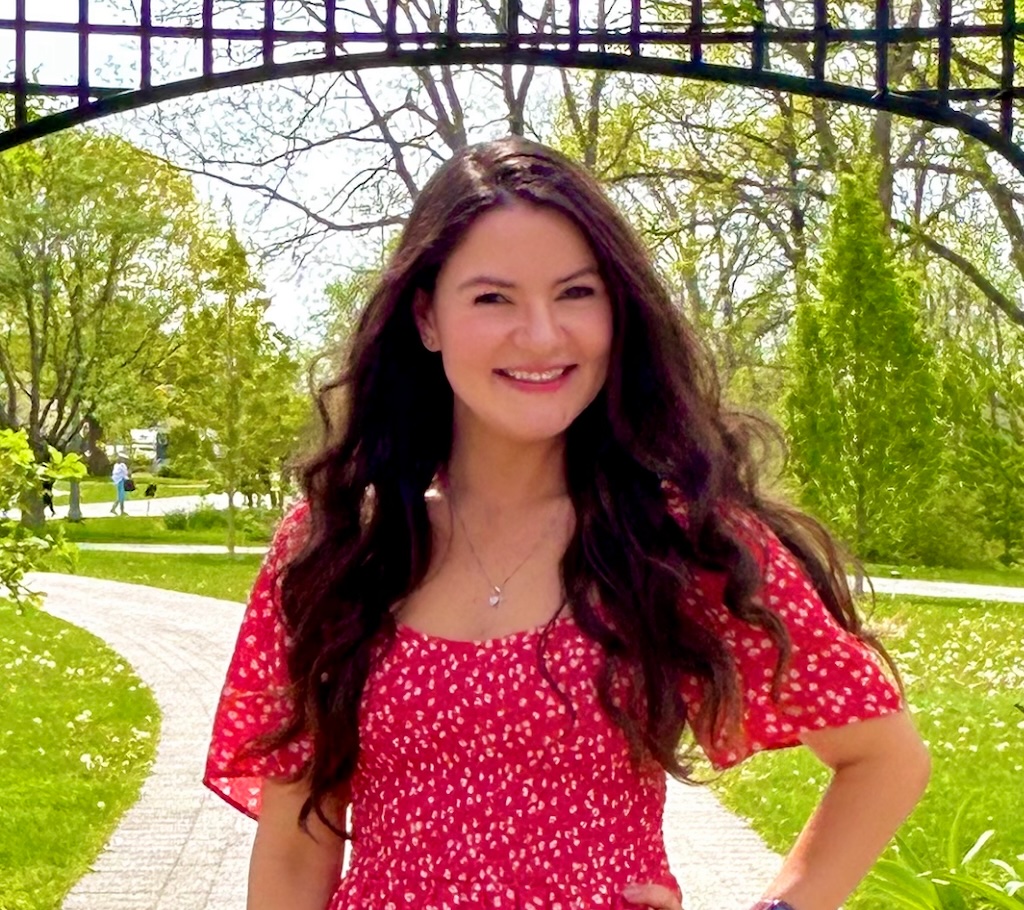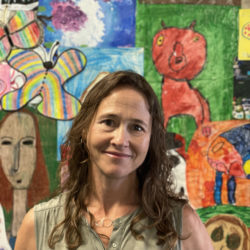Counselling Services
Mental health challenges are on the rise and our team of counsellors are here and ready to help. Our counsellors specialize in working with young kids through to young adults with the goal of increasing resilience and confidence. We are committed to offering a warm, inviting space for you and your family. We are flexible and customize supports to meet your individual needs.
What you can expect:
Children 11 and under:
Typically, the first session is an intake meeting with the primary caregivers; we encourage all parental figures to attend. Following this initial appointment, the therapist will meet with the child to continue to build the assessment picture. From there, a treatment plan will be made, complete with on-going follow up and parent support sessions. We suggest weekly sessions in this early phase so that a momentum can get started. It is helpful for parents to share any updates with the therapist so that we can tailor sessions to the current issues or moods.
Counselling for this age group may include therapeutic play and parenting support sessions. It is advantageous for parents to be involved with the counselling process so that life at home can be in sync with the skills being taught in sessions. Information will be shared freely with caregivers, while respecting the safe space for kids.
Building rapport is central to kids’ being motivated to attend and participate fully in sessions. We use games and activities to build this rapport, all while working towards assessing and treating your children’s concerns.
For this age group, parents or legal guardians sign the consent to treat and confidentiality form. When there is separation or divorce, either both parents must sign the consent, or a copy of the custody agreement is needed to determine that one parent has sole decision making rights.
Children aged 12-17:
Parental involvement is encouraged at any age, however, once a child is 12 years old, they are required to sign the confidentiality agreement and are in control of what and how they participate in the therapy. Therefore the flow of communication will depend on the will of the child and the needs for each family. A child needs to feel safe in sharing details and feelings and so confidentiality is central to this process. In the event there is anything disclosed that indicates a risk for suicide or other issues of safety, this confidentiality will be suspended so that parents or outside agencies can be brought into the discussion. This will always be done with the utmost respect and goal of maintaining the child’s trust with the therapist.
Similar to sessions with kids under 12, we start the process with an intake meeting with the primary caregivers and welcome all parental figures to attend. For families of teens who would rather the teen attend this first meeting, that is ok too. Teens are also welcome to initiate the process and attend the intake on their own. Following the initial appointment, the therapist will continue to build the assessment picture. From there, a treatment plan will be made; follow up and parent sessions will depend on the needs of each child/teen and the nuances for confidentiality needed to make therapy a safe space for the client.
Therapists will share updates that satisfy ongoing communication with parents, while also respecting the child’s request for confidentiality. This line can be challenging, but most often, updates can be shared that are adequate to involve parents, but brief enough that the child feels respected and safe. As well, there are many instances when the child encourages full disclosure to help involve parents and help make them aware of the challenges they are facing.
Children 18+:
Turning 18 and starting adulthood is an exciting time but can also be scary. Canoe specializes in helping young adults face this new phase of life. Children 18 and up are welcome to book directly with the clinic and do not require to have any parents’ involvement. But similar to the younger groups, we welcome parents to be part of the process when it works for the family. This will purely be dependent on the wishes of the client.
Some important notes:
Our counselling sessions are 50 minutes to allow for 10 minutes of notes and follow up.
When there is separation or divorce, either both parents must sign the consent, or a custody agreement is needed to determine that one parent has sole decision making rights.
Our team of therapists includes both Social Workers and Psychotherapists, all registered with their associated College in Ontario. If you plan to use your extended health benefits, health benefits, please take note of your coverage and what professionals are covered.
We welcome email and phone call exchanges with parents (with the need for confidentiality always the guiding principle). However, if exchanges require more than 15 minutes of the therapists’ time, we request the time be booked as a half or full session.
We are not a crisis centre. In the event you are worried about suicidal risk, please call a crisis line, 911 or go to your nearest hospital.
Please communicate with the therapist if there are concerns around suicidal thoughts or if there are any changes with moods or worries at home.
Please review a list of resources that may be beneficial to you and your family:
- Rock Crisis Line: 905-878-9785
- Halton Crisis Line: 905-877-1211
- Kids Help Phone: 1-800-668-6868
- LBGT Youth Line: text 647-694-4275
- Children’s Mental Health Ontario: https://cmho.org/youth-resources/
- Mind Your Mind Canada: https://mindyourmind.ca/
Zero Tolerance Policy
Canoe Therapy is committed to providing a safe, secure and respectful environment for all clients and staff. Words or actions that make others feel threatened or demeaned will not be tolerated and decisive action will be taken to protect clients and staff.
Virtual Sessions
We offer virtual sessions as an alternative to in-person when needed. Please ensure clients have a private space, along with headphones to help ensure confidentiality is observed.
Substance Use
We remind all clients, most importantly the teens, that sessions will not be conducted if the client is under the influence of drugs or alcohol.
































